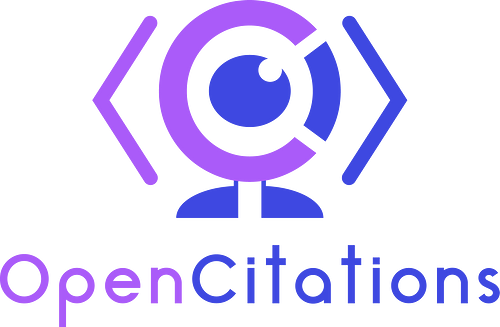As a key infrastructure component for global Open Science, the mission of OpenCitations is to harvest and openly publish accurate and comprehensive metadata describing the world's academic publications and the scholarly citations that link them, and to preserve ongoing access to this information by secure archiving. We provide this information, both in human-readable form and in interoperable machine-readable Linked Open Data formats, under open licenses at zero cost and without restriction for third-party analysis and re-use.
Key Achievements
In 2021, we crossed the threshold of 1 billion citations stored by ingesting data from Crossref; in 2022, we extended the collection of open citations with data from DataCite and PubMed; and, in 2023, expanded the availability of open citation data by adding missing citations from OpenAIRE and the Japan Link Center (JaLC).
We expanded our collection besides the citation data by releasing OpenCitations Meta, a database storing and delivering bibliographic metadata for all the publications in the OpenCitations Index, including the publication’s title, type, venue, volume number, issue number, page numbers, publication date, identifiers and details of the main actors involved in the document’s publication (the names of the authors, editors, and publishers).
In November 2023, we launched a new ingestion workflow, to produce two comprehensive collections: OpenCitations Index and OpenCitations Meta.
Currently, the OpenCitations Index contains information describing 2.2 billion citations
